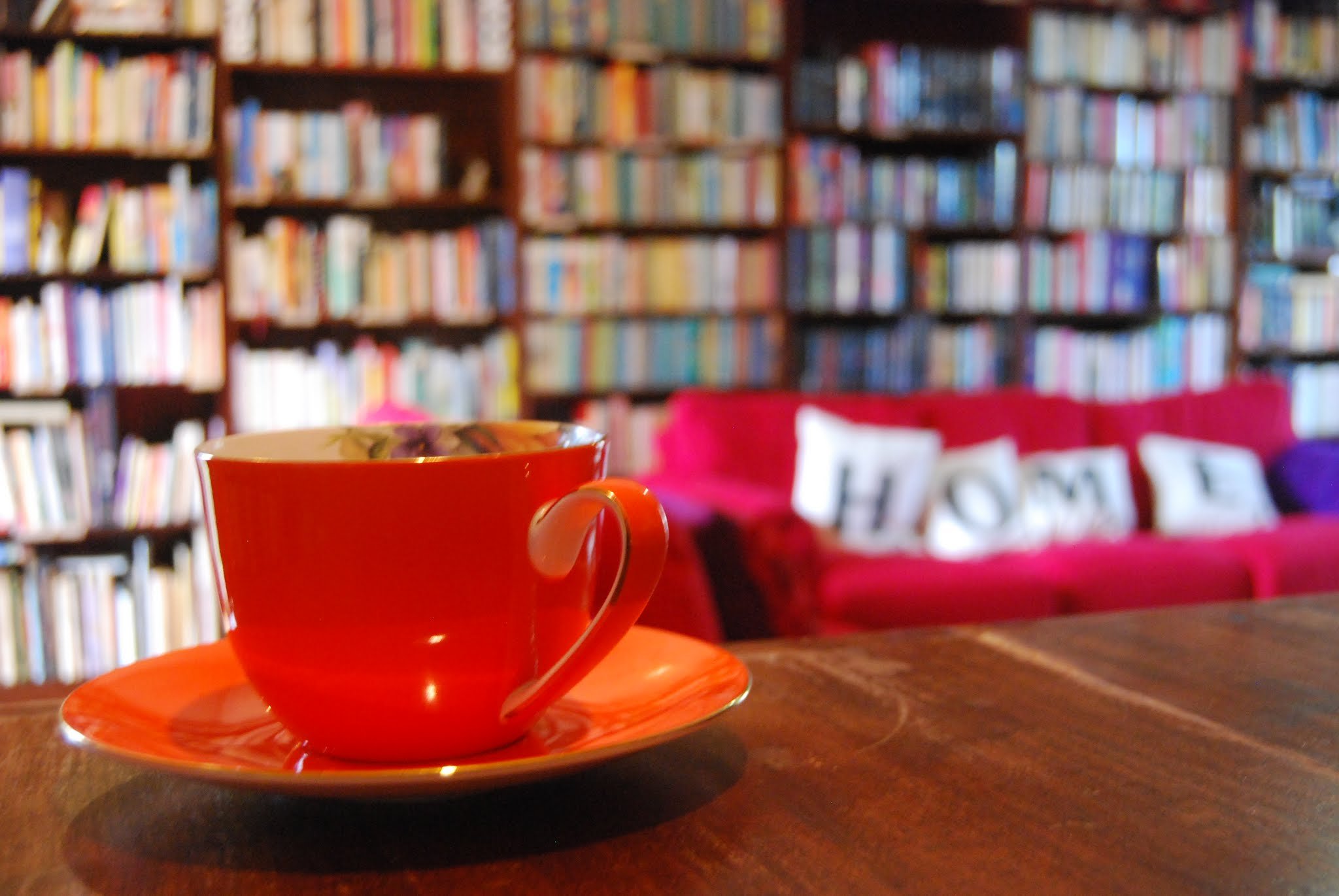
Book Reviews
Yvette O’Dowd has been a passionate reader since childhood. Her first pregnancy in the early 1980s saw her consuming the local library collection of books about pregnancy, childbirth, child development and child care. Having ignited a life-long interest in these subjects, Yvette went on to work at Merrily Merrily Enterprises [the retail arm of the Nursing Mothers’ Association of Australia (now known as The Australian Breastfeeding Association)] from 1995 - 2000. This included the recommendation and sale of books on breastfeeding and human lactation, parenting and related titles to both parents and health professionals.
From 2008 - 2013, Yvette ran The Breastfeeding Centre In Dandenong, Victoria - the Victorian Branch Office of the Australian Breastfeeding Association. Here she curated and maintained an extensive library of books available to both members and volunteers. When establishing the Southern Natural Parenting Network in 2014, Yvette had a vision of a collection of books available to members and the wider community, establishing a community library on wheels available at meets and events. Yvette’ family are resigned to her extensive personal collection! (Thank goodness for the digital revolution!)
Subscribe via RSS
Want to stay updated with our latest book reviews — without needing email or social media?
Use your favourite RSS reader (like Feedly) and add this feed:
👉 https://www.southernnaturalparentingnetwork.org/book-reviews?format=rss
Browse Yvette’s recommendations:
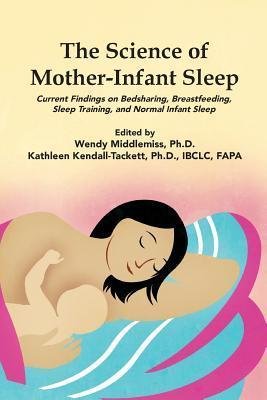
The Science of Mother-Infant Sleep: Current Findings on Bedsharing, Breastfeeding, Sleep Training, and Normal Infant Sleep
This book provides a comprehensive, research-driven look at the science of infant sleep. The authors explore key topics like bedsharing, breastfeeding, and the impact of sleep training, addressing common myths and providing evidence-based answers. Wendy Middlemiss and Kathleen A. Kendall-Tackett combine scientific findings with practical recommendations, focusing on how mothers and babies can sleep in ways that are biologically normal, emotionally supportive, and health-promoting.
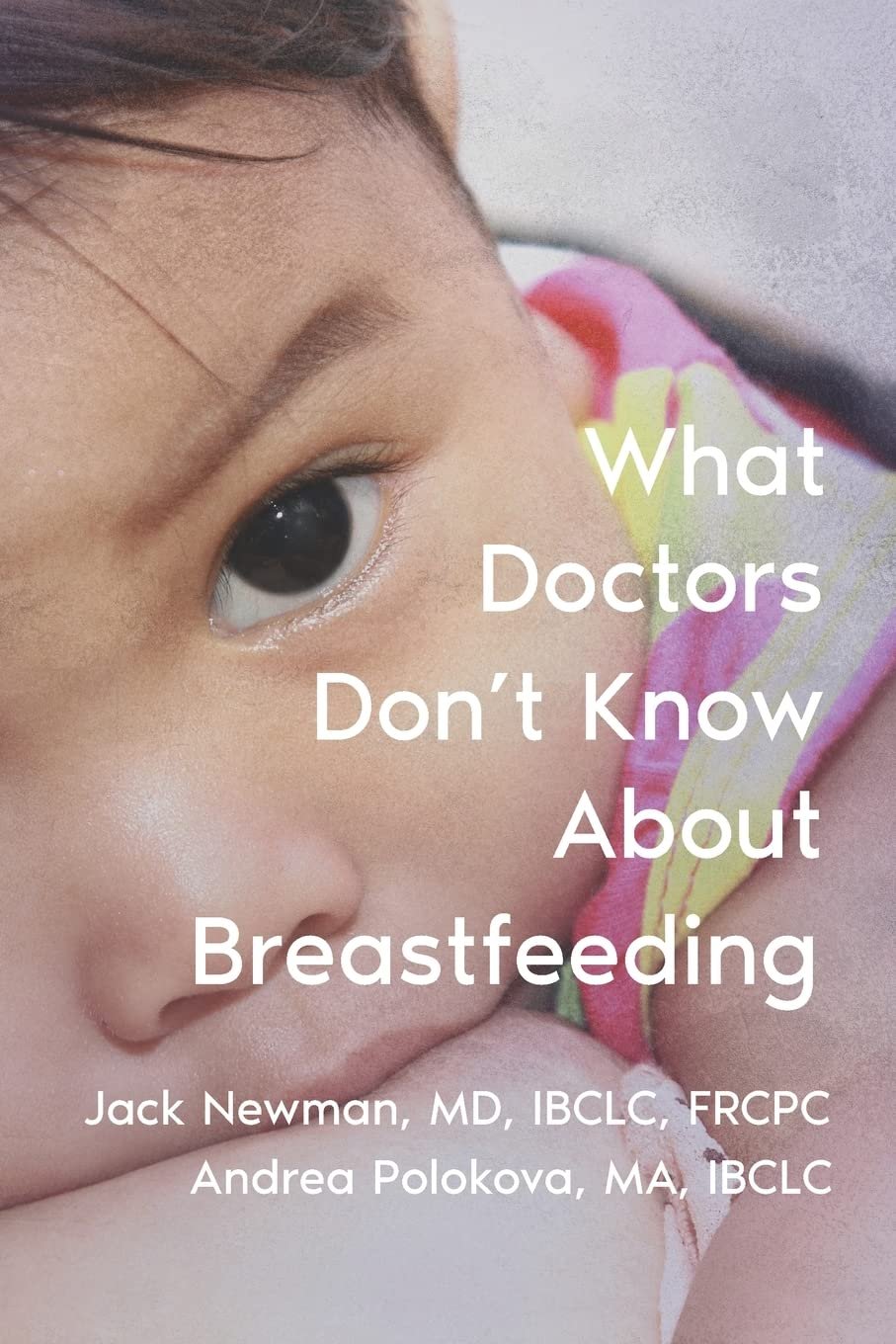
What Doctors Don't Know About Breastfeeding
This compelling book explores how medical training fails to adequately prepare doctors to support breastfeeding families, resulting in widespread misinformation, poor advice, and missed opportunities to protect breastfeeding relationships. Drawing on decades of clinical experience and research, Dr Jack Newman and Andrea Poloková shine a light on the systemic gaps in healthcare and advocate for better education and structural reform.
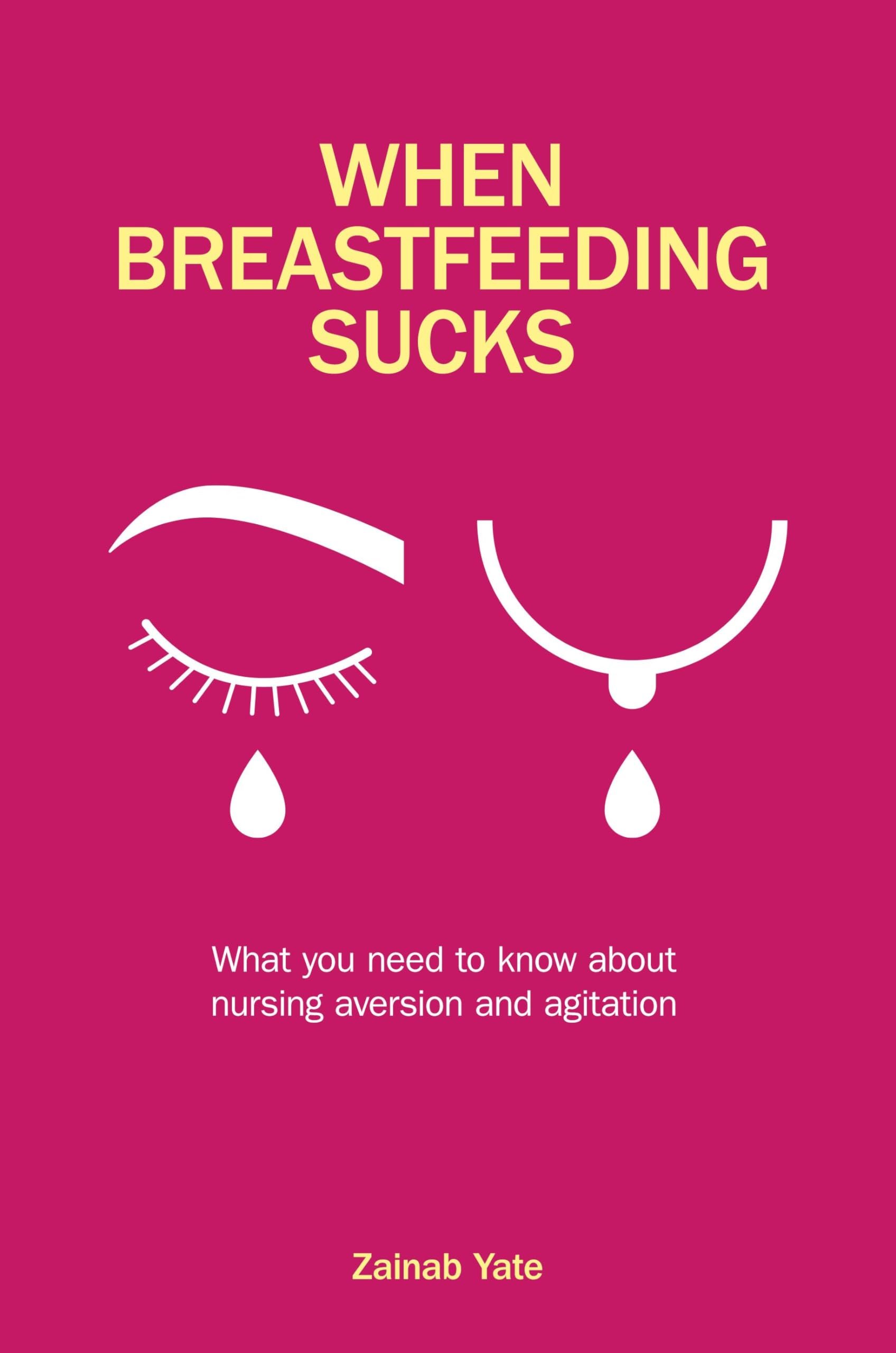
When Breastfeeding Sucks: What you need to know about nursing aversion and agitation
This pioneering book is the first to explore the phenomenon of breastfeeding or nursing aversion in depth. Drawing from research, lived experience, and practical strategies, Yate shines a light on a deeply under-acknowledged experience that many breastfeeding mothers face — often in silence and confusion.
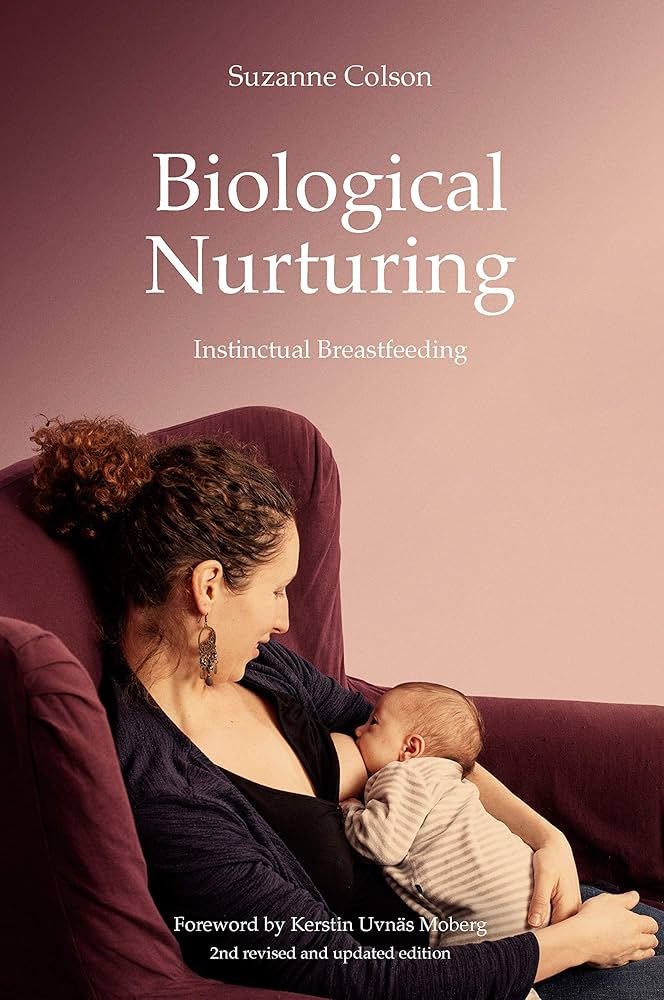
Biological Nurturing: Instinctual Breastfeeding
This groundbreaking book challenges conventional breastfeeding advice by introducing the concept of biological nurturing — a relaxed, instinct-led approach that supports both mother and baby to follow their innate rhythms. Colson combines years of research with deep respect for maternal instinct, offering a powerful alternative to rigid positioning and technique-based guidance.
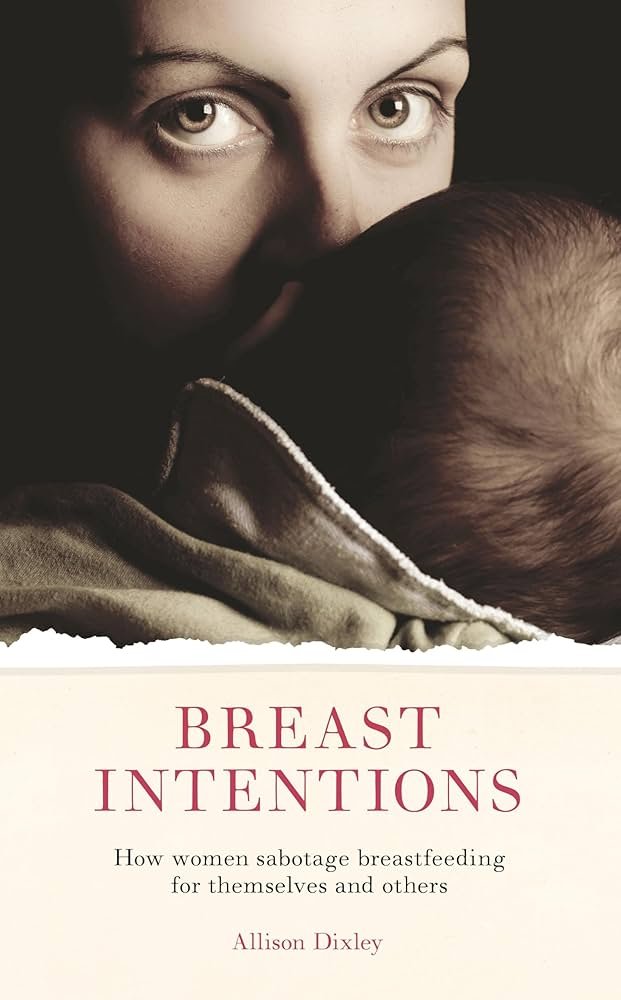
Breast Intentions: How Women Sabotage Breastfeeding for Themselves and Others
This intentionally provocative title challenges cultural norms and individual behaviours that, according to the author, undermine breastfeeding. Dixley argues that both systemic forces and personal choices—often influenced by convenience culture or fear of discomfort—contribute to breastfeeding failure, despite widespread knowledge of its benefits.

Breastwork: Rethinking Breastfeeding
This academic yet accessible book takes a feminist lens to breastfeeding, exploring how cultural narratives, politics, and personal experience shape our understanding of the breastfeeding body. Bartlett weaves together theory, history, and lived experience to examine how breastfeeding is framed within society and how this impacts mothers.

Breastfeeding, Take Two: Successful Breastfeeding the Second Time Around
This gentle, encouraging book is written for mothers who are preparing to breastfeed again after a challenging or disappointing first experience. Stephanie Casemore speaks directly to those carrying grief or frustration from their earlier journey, offering reassurance, reflection, and practical strategies for approaching breastfeeding differently the second time around. The tone is warm and empowering, with a strong focus on emotional healing and rebuilding confidence.

Let's talk about feeding your baby
This book is a supportive, evidence-based guide to infant feeding from one of the most respected researchers in the field. In her characteristically warm and clear voice, Amy Brown helps parents explore the full landscape of feeding decisions—breastfeeding, bottle-feeding, mixed feeding, and more—free from judgement or pressure. She provides practical information about how feeding works, what challenges might arise, and what to expect physically and emotionally throughout the early months. The book encourages confidence, compassion, and realistic expectations for new parents navigating their baby’s nutritional needs.

How to Talk So Kids Will Listen & Listen So Kids Will Talk
This influential and widely loved classic on communication between adults and children offers practical strategies to foster cooperation, emotional expression, and mutual respect. Based on the authors’ experiences with the Parent Effectiveness Training and their own workshops, the book uses real-life examples, comics, and step-by-step techniques to demonstrate respectful communication without shouting, threats, or bribes.

Breasts: A Natural and Unnatural History
In this compelling and deeply researched book, science journalist Florence Williams explores the biology, symbolism, and politics of breasts. Blending memoir, investigative journalism, and science writing, she examines everything from puberty to breastfeeding, environmental toxins to cancer risk, and the way breasts have been sexualised and commodified across cultures. The book invites readers to consider how modern life is reshaping our bodies — particularly the breasts — in ways that are often invisible yet profound.

The Continuum Concept
Based on her time living with Indigenous communities in the Venezuelan jungle, Jean Liedloff presents a compelling argument that Western parenting has lost touch with our evolutionary instincts. She advocates for practices such as babywearing, breastfeeding on cue, co-sleeping, and constant physical contact as part of a child’s “continuum” needs for optimal emotional development.

Milk: A 10,000-Year Food Fracas
In this sweeping cultural history, Mark Kurlansky traces the story of milk across civilizations — from sacred food to industrial commodity. The book explores everything from wet nursing and human milk to dairy politics, formula marketing, and modern debates about health, culture, and ethics. With his signature blend of wit and scholarship, Kurlansky reveals just how political and personal milk really is.

Breastfeeding Myths: Challenging Misconceptions and Cultural Beliefs
This accessible, evidence-based book by IBCLC Lucy Ruddle takes aim at some of the most persistent myths and misinformation surrounding breastfeeding. From ideas about supply and sleep to cultural beliefs that undermine confidence, Ruddle debunks common misconceptions with clarity and compassion. Her clinical experience is evident throughout, making it both informative and reassuring.

Reclaiming Childbirth as a Rite of Passage
This book reclaims birth as a sacred rite of passage rather than a clinical event. Drawing on anthropology, history, and real birth stories, Rachel Reed explores how modern maternity systems disrupt women’s autonomy and intuition, and how reconnecting with traditional wisdom can restore meaning, agency, and connection in childbirth.

How Babies Sleep
This evidence-based guide challenges common myths about infant sleep and explains how and why babies sleep the way they do. Professor Helen Ball combines research from anthropology, biology, and parenting to offer realistic expectations and respectful support for families.

Breastfeeding and the Fourth Trimester

White Blood
White Blood traces the rich and complex history of human milk from ancient times to the modern age. Professor Lawrence Weaver — a paediatrician and historian — explores the evolving roles of wet nursing, milk banking, medicalisation, and breastfeeding politics. The book combines historical anecdotes, cultural commentary, and medical insight to tell the story of milk as both nourishment and symbol.

The Nurture Revolution
Neuroscientist and doula Dr. Greer Kirshenbaum offers a compelling case for the power of nurtured parenting in shaping the developing brain. Drawing on the latest research in epigenetics and neuroplasticity, she explains how love, touch, responsiveness, and emotional attunement in the first 1,000 days of life can profoundly impact a child’s lifelong wellbeing.

Ultra-Processed People
In this investigative and deeply personal book, doctor and science communicator Chris van Tulleken uncovers how ultra-processed foods (UPFs) have infiltrated our diets, bodies, and culture — with profound effects on health, metabolism, and child development. He explores how these factory-made products alter appetite, gut health, and even brain chemistry, while challenging powerful food industry narratives.

Milk: An Intimate History of Breastfeeding
In Milk: An Intimate History of Breastfeeding, cultural historian Joanna Wolfarth delves into the multifaceted history of breastfeeding, intertwining personal narrative with extensive research. Prompted by her own challenges with breastfeeding her first child, Wolfarth explores how infant feeding has been represented, celebrated, and censured across different cultures and eras. She examines artifacts like ancient baby bottles, 18th-century breast pumps, and artistic depictions from various civilizations, providing a comprehensive look at the socio-cultural significance of breastfeeding.

